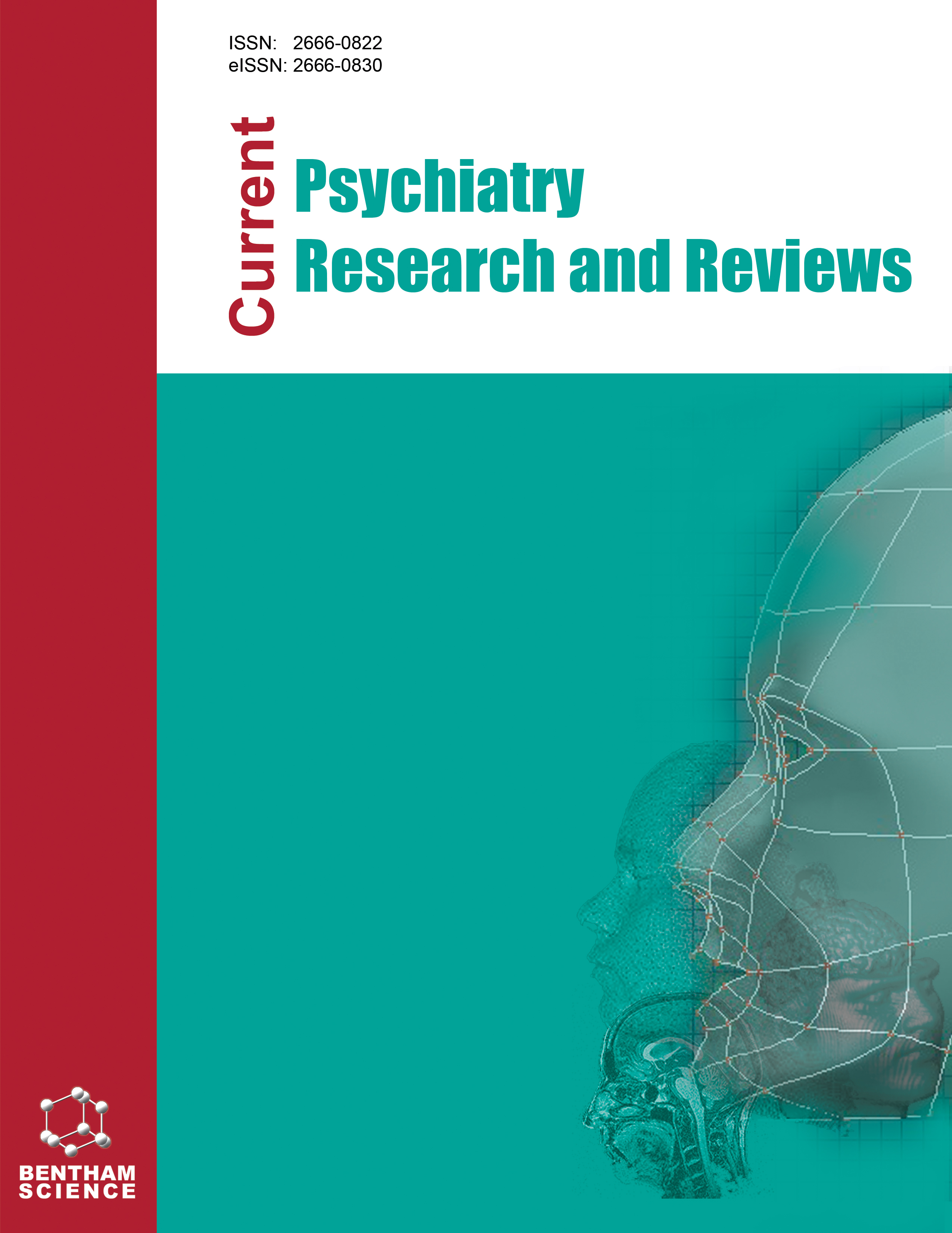
Full text loading...

Child abuse is a pervasive societal issue with severe and long-lasting psychiatric and neurobiological consequences. This review synthesizes evidence on the most prevalent psychiatric disorders in child abuse victims, including PTSD, depression, and borderline personality disorder, and explores the underlying neurobiological and epigenetic mechanisms. Key findings reveal structural and functional brain alterations, such as reduced hippocampal volume, amygdala hyperactivity, and HPA axis dysregulation, alongside epigenetic changes like hyper-methylation of the serotonin transporter gene (SLC6A4) and FKBP5 polymorphisms. These alterations contribute to chronic mental health issues, including increased risk of suicidal behavior, aggression, and poor treatment response. The review concludes that child abuse has profound, lifelong impacts on mental health, highlighting the need for early intervention, targeted therapies, and increased awareness among caregivers and clinicians to mitigate these effects.

Article metrics loading...

Full text loading...
References


Data & Media loading...
Supplements